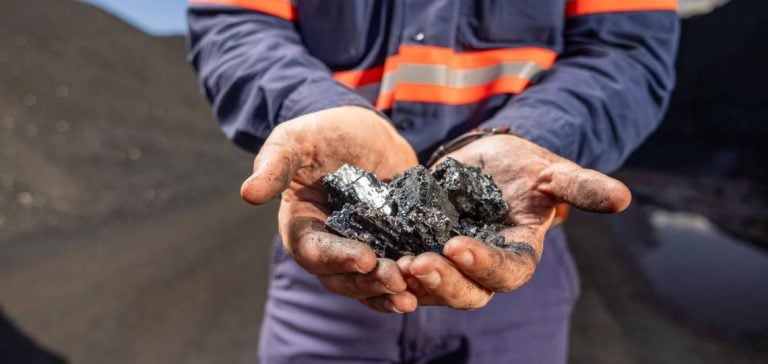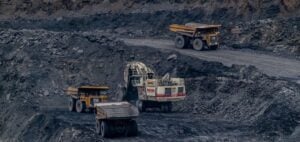Major French banks have continued their investments in the coal sector between 2021 and 2023, contradicting their earlier commitments to exit this sector, according to a recent study by the NGO Reclaim Finance. This persistence in financing coal projects occurs despite public statements of disengagement from these financial institutions.
Despite a general decrease in funding to coal since 2019, Reclaim Finance’s analysis reveals that numerous controversial transactions occurred between 2021 and 2023. These transactions involve the development of new coal mines or power plants, indicating a continuation of investments in a declining sector.
Reactions from the Concerned Banks
The French Banking Federation (FBF) responded by stating that all French banks have made collective commitments to exit thermal coal by 2030 in countries of the Organisation for Economic Co-operation and Development (OECD) and by 2040 for the rest of the world. According to the FBF, no French bank is financing new thermal coal projects or collaborating with clients whose coal-based electricity production exceeds a certain threshold.
For its part, Société Générale stated that most operations mentioned in Reclaim Finance’s report are old and do not reflect significant disengagements made in 2020 and 2021. It specifies that the share of thermal coal in its credit portfolio represented less than 0.1% of total outstanding loans at the end of 2023.
Impact and Perspectives
BNP Paribas and BPCE have both described their exposure to coal as “residual,” with less than 0.1% of their total global loan exposures to companies. BNP Paribas also highlighted a significant decrease in amounts granted to the coal sector between 2019 and 2023, with a 60% decline.
Crédit Agricole indicated that its exposure to coal represents approximately 0.02% of its balance sheet at the end of 2023 and continues to decrease in a global context where coal development continues. The NGO Reclaim Finance calls on the Autorité des marchés financiers to compel banks to correct these practices, labeling them “greenwashing” due to the contradiction between their financing and public commitments.
Compliance with European Objectives
These banks’ transactions do not constitute direct infractions, as the European target for exiting coal has been set for 2030. However, the persistence of problematic financing raises concerns about the ability of French banks to fully respect their environmental commitments.
Conclusion
The continuity of investments in coal by major French banks highlights the challenges related to the energy transition and the implementation of environmental commitments. While financial institutions declare a gradual divestment, concrete actions seem to lag, necessitating increased vigilance from regulators and environmental organizations.






















